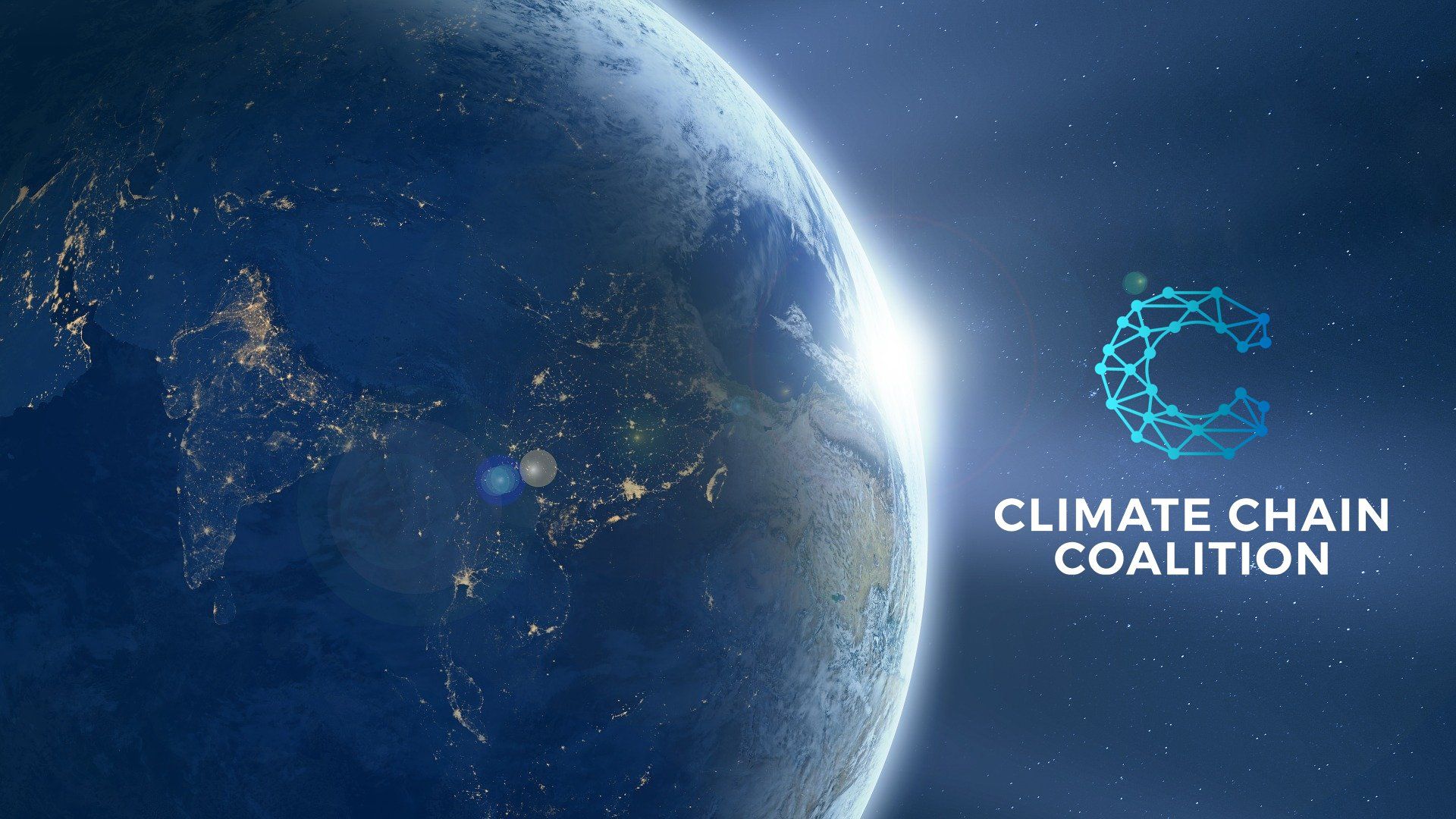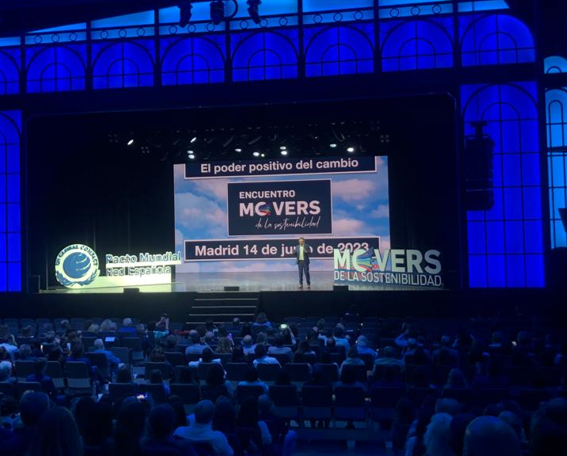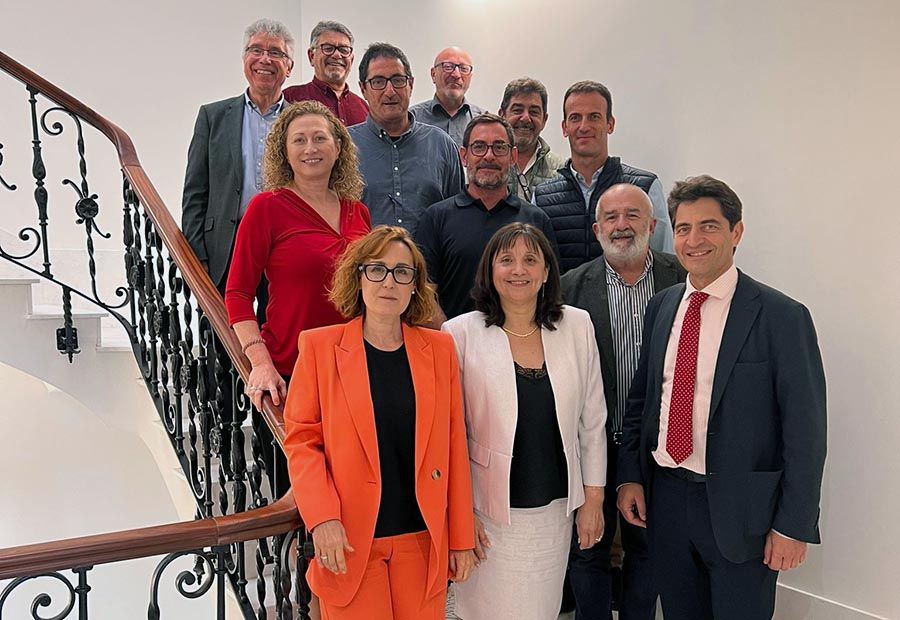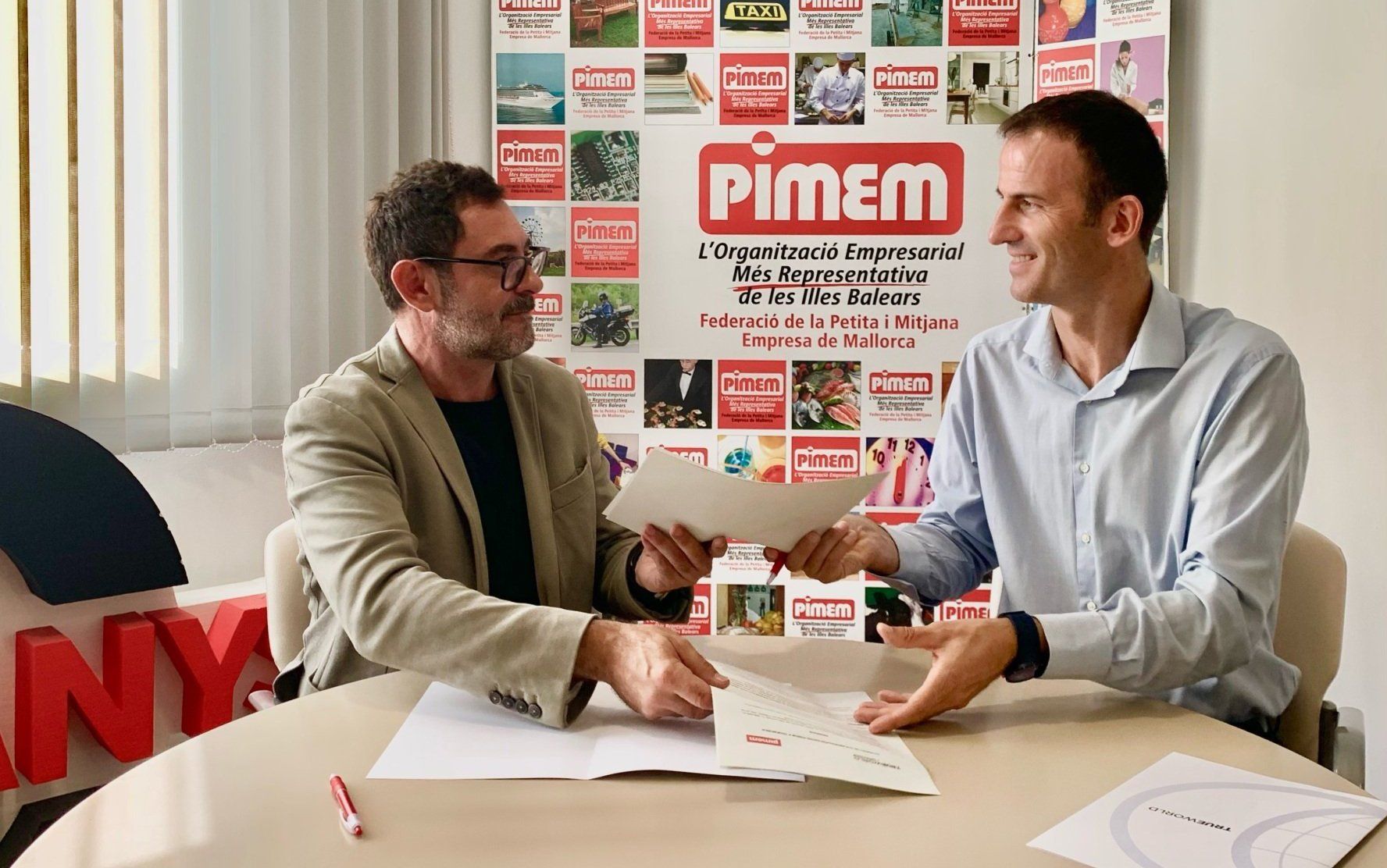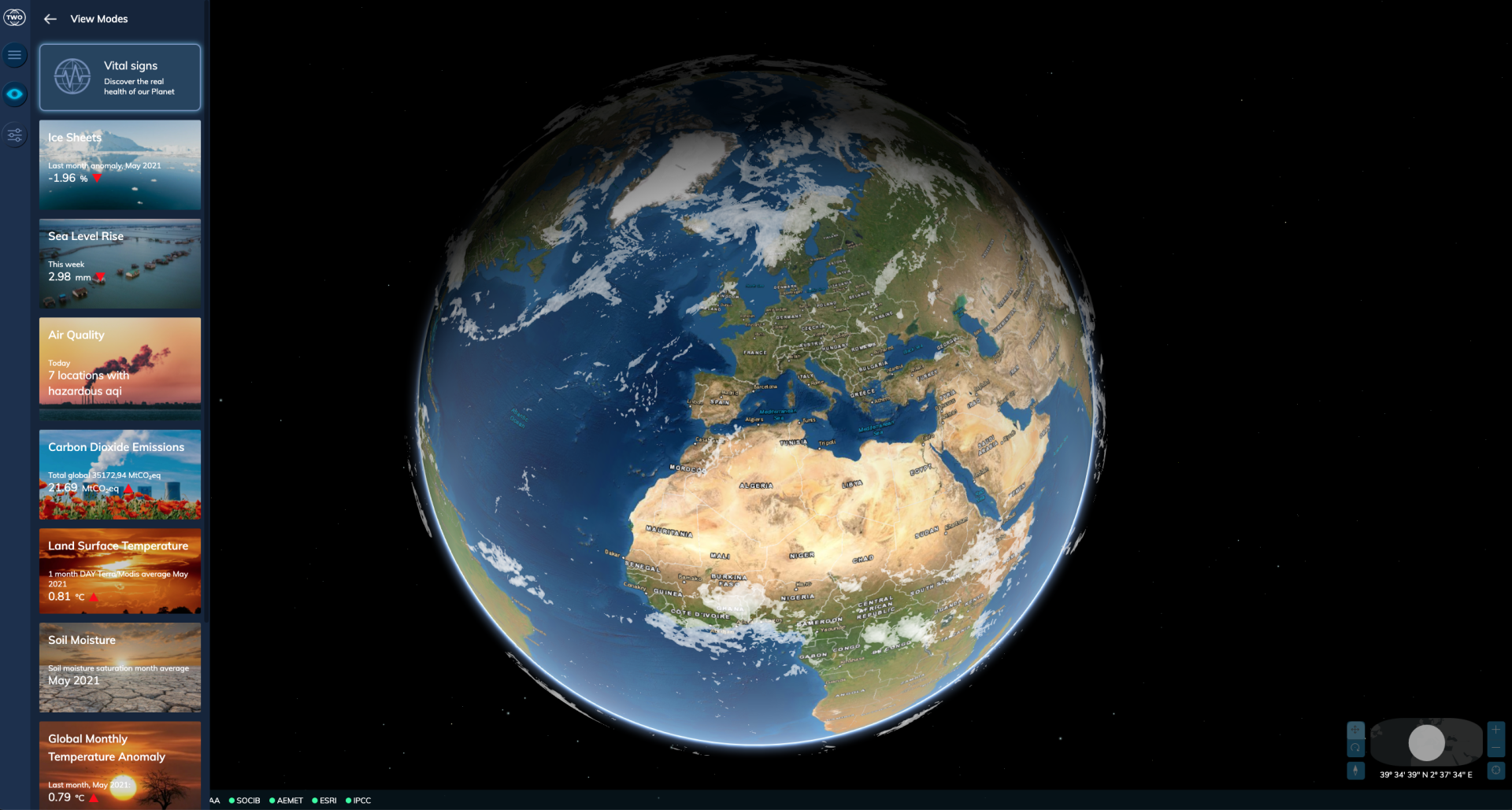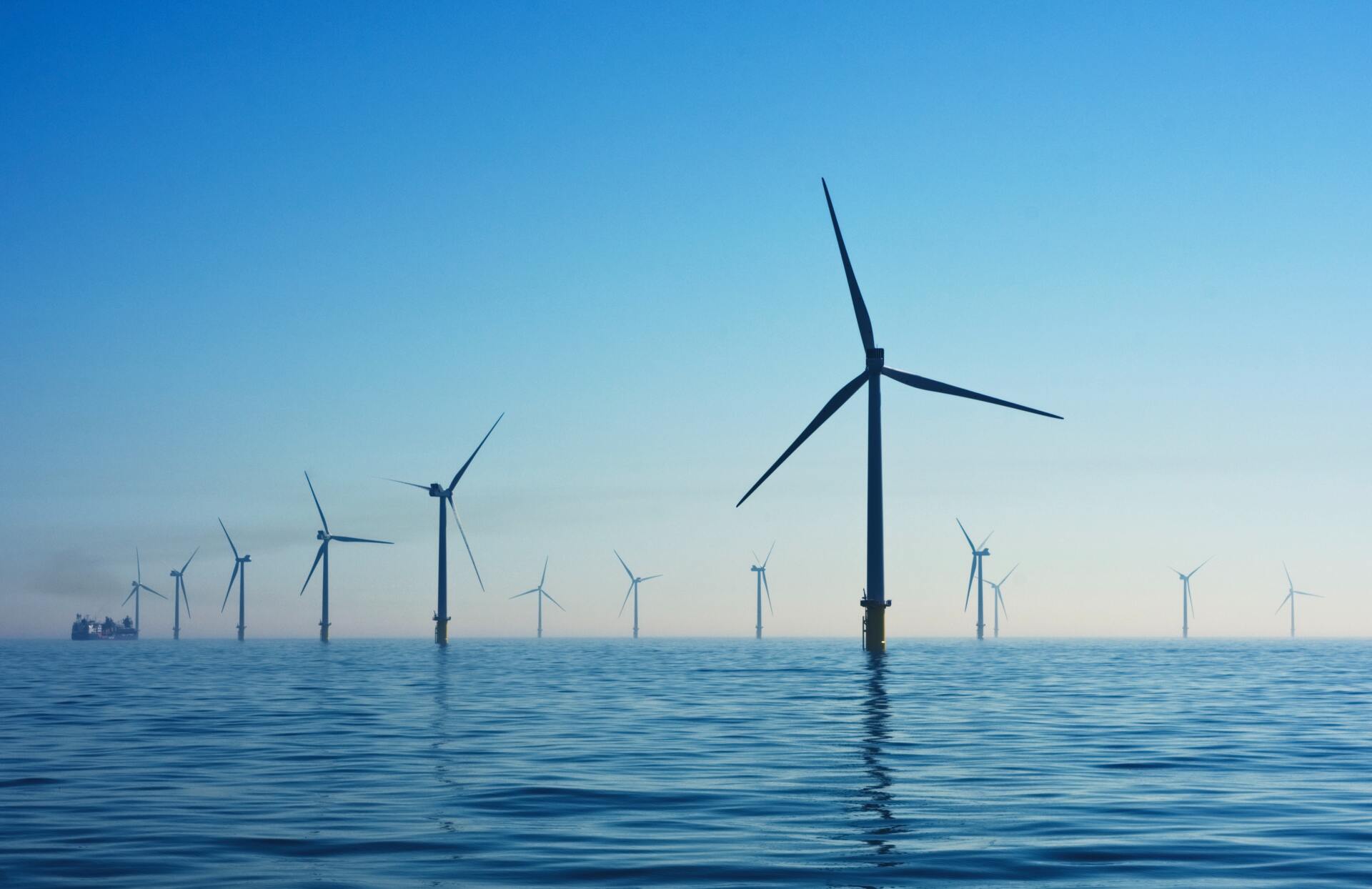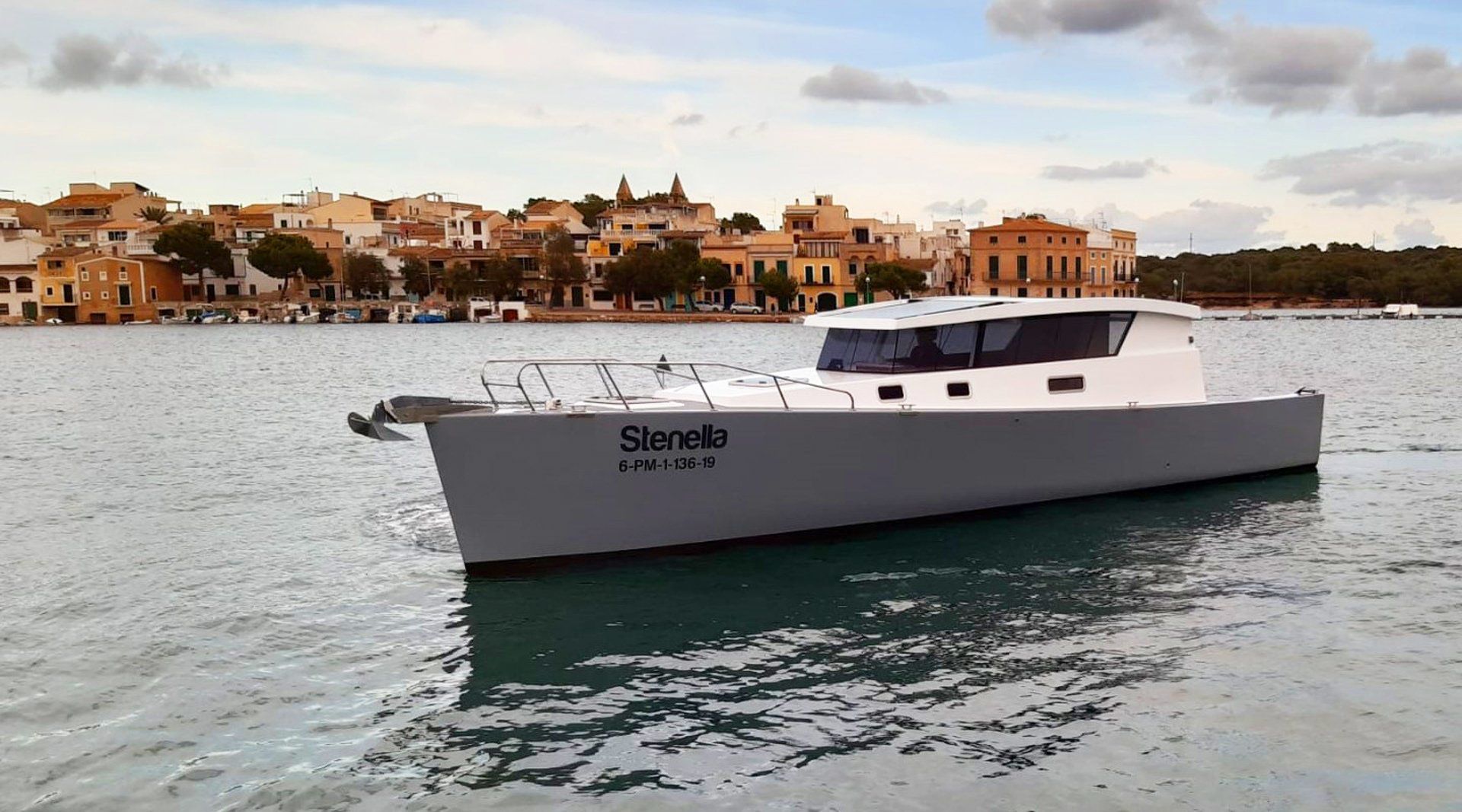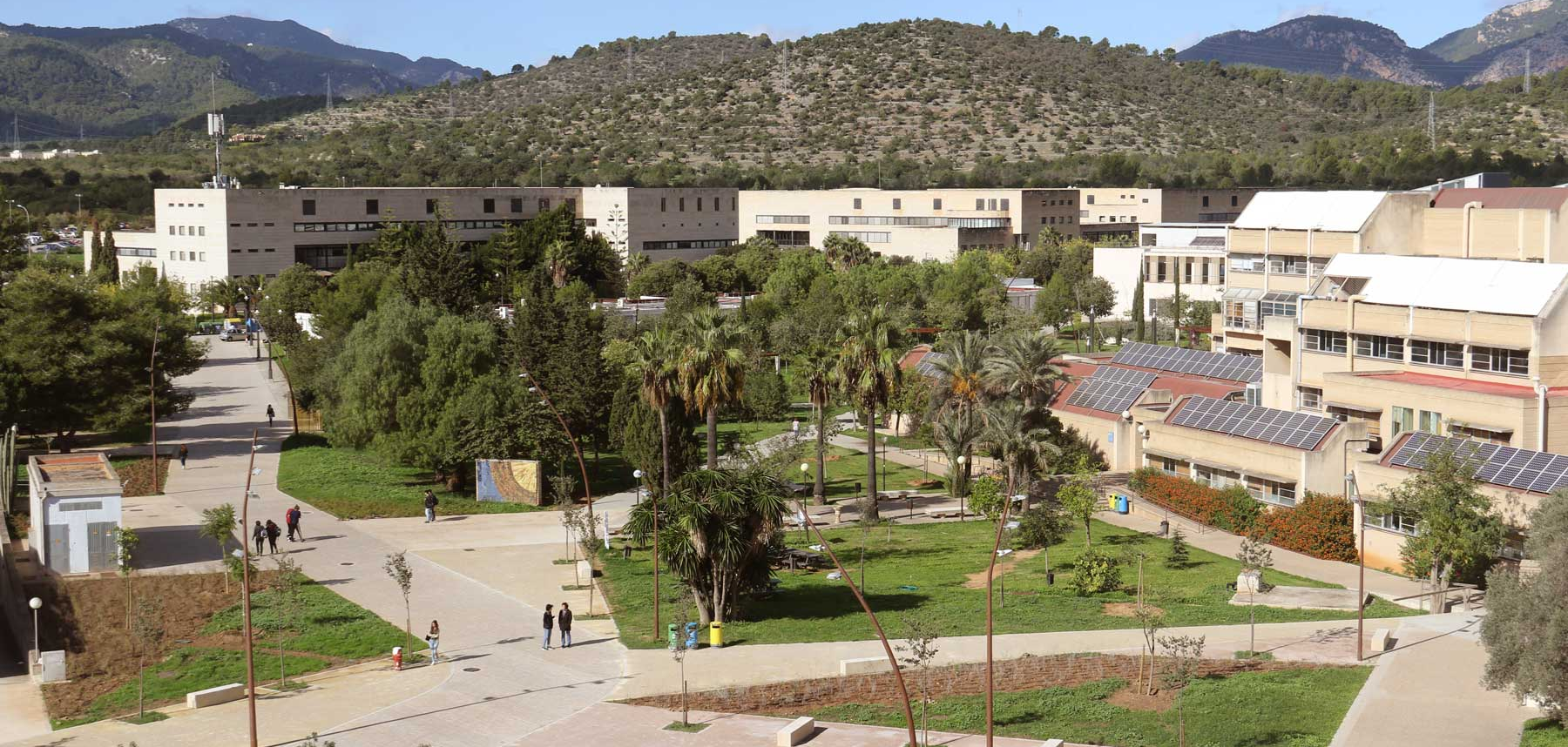The Paris Agreement calls for a balance between sinks and sources of emissions in order to achieve what has become known as global net zero. Put more simply, net zero refers to a state by which the greenhouse gases going into the atmosphere are reduced as close to zero as possible and any residual emissions are balanced by permanent removals from the atmosphere by 2050. While governments must take the lead in reducing emissions, action by non‑state actors is critical to achieving global net zero.
Since this call was made, numerous corporations, cities, states, and regions have voluntarily committed to achieving net zero emissions. While this is praiseworthy, the absence of regulatory oversight has led to a situation where many of these commitments fall short of aligning with scientific recommendations. Claims preaching what they will do, in the future, and not focusing on what they are doing now are no longer acceptable. These pledges often lack the necessary level of detail to establish their credibility, and there is inconsistent usage of terms like "net zero" or "carbon neutral” and “carbon positive” among others.
Deceptive or misleading claims of net zero by non-state actors not only diminish confidence in net zero commitments as a whole but also have the detrimental effect of undermining the commitments made by sovereign states. These misleading claims downplay the significant efforts required to attain global net zero emissions. In the end, to ensure uniformity, rigor, and enforceability, it becomes evident that regulation will be a necessity, as emphasized in by the High-Level Expert Group on the Net Zero Emissions Commitments on their final recommendation.
1. Public Commitment: True Net Zero requires entities to publicly commit to addressing their entire emissions profile, including scope three emissions. The public commitment must reflect the entity's fair share of global climate mitigation efforts.
“The pledge should contain interim targets (including targets for 2025, 2030 and 2035) and plans to reach net zero in line with IPCC or IEA net zero greenhouse gas emissions modelled pathways that limit warming to 1.5°C with no or limited overshoot, and with global emissions declining by at least 50% by 2030, reaching net zero by 2050 or sooner. net zero must be sustained thereafter.”
2. Stepping Stone Targets: Entities must set stepping stone targets that encompass their full emissions scope, especially scope three emissions. These targets should align with ambitious pathways to limit global warming, as outlined by IPCC or IEA guidelines.
“Targets must include emissions reductions from a non-state actor’s full value chain and activities, including: • scope 1, 2 and 3 emissions for businesses. Where data is missing for scope 3 emissions, businesses should explain how they are working to get the data or what estimates they are using”
3. Value Chain Emission Reduction: Prioritizing deep reductions in scope three emissions across the value chain is a critical aspect of True Net Zero. The recommendations emphasize the importance of not relying on carbon credits for scope three emissions.
“actors meeting their interim targets on their net zero pathway are strongly encouraged to balance out the rest of their annual unabated emissions by purchasing high-integrity carbon credits. A high‑quality carbon credit should, at a minimum, fit the criteria of additionality (i.e. the mitigation activity would not have happened without the incentive created by the carbon credit revenues) and permanence”
4. Comprehensive Transition Plans: True Net Zero necessitates comprehensive transition plans that address all emissions sources, including scope three emissions. These plans should provide details on how entities intend to reduce emissions throughout their value chain.“Disclose short-, medium- and long-term absolute emission reduction targets, and, if relevant, relative emission reduction targets. Targets must account for all greenhouse gas emissions and include separate targets for material non-CO2 greenhouse gas emissions”.
5. No Support for Fossil Fuels: Entities should not support new fossil fuel supply, which includes addressing scope three emissions associated with their supply chain.“All net zero pledges should include specific targets aimed at ending the use of and/or support for fossil fuels in line with IPCC and IEA net zero greenhouse gas emissions modelled pathways that limit warming to 1.5°C with no or limited overshoot, with global emissions declining by at least 50% by 2030, reaching net zero by 2050.”
6. Lobby for Positive Climate Action: Collaboration with governments to create strong standards and support ambitious net zero pledges applies to the comprehensive inclusion of all emissions scopes. It helps ensure that entities are genuinely reducing their overall carbon footprint.“Non-state actors must align their external policy and engagement efforts, including membership in trade associations, to the goal of reducing global emissions by at least 50% by 2030 and reaching net zero by 2050. This means lobbying for positive climate action and not lobbying against it.”
7. Deforestation and Natural Ecosystems: True Net Zero goes beyond merely measuring and addressing emissions but also includes efforts to prevent deforestation and protect natural ecosystems. The recommendations call for entities to ensure that their operations and supply chains do not contribute to these environmental challenges. “Businesses should invest in the protection and restoration of ecosystems beyond the emission reductions in their own operations and supply chains in order to achieve global net zero. This is important in light of the systemic financial risks associated with the loss of biodiversity and the exacerbated climate impacts associated with the loss of natural carbon sinks. Contributions may involve payments for ecosystem services, including the purchase and retirement of high-integrity carbon credits, but these credits cannot be used to meet non-state actors’ interim decarbonisation targets (see recommendation 3)
8. Annual Public Reporting: Entities must report on their entire emissions profile, including scope three emissions, in an annual and detailed manner. This aligns with the transparency and accountability required for True Net Zero. “Non-state actors must annually disclose their greenhouse gas data, net zero targets and the plans for, and progress towards, meeting those targets, and other relevant information against their baseline along with comparable data to enable effective tracking of progress toward their net zero targets.”
9. New Deal for Development: Investments in clean energy in developing countries, as recommended, align with the broader goals of True Net Zero by promoting sustainable development and a just transition. “All businesses, including state-owned enterprises, with operations in developing countries should demonstrate how their net zero transition plans contribute to the economic development of regions where they are operating, including integrating just transition elements (e.g. skills development for vulnerable communities dependent on high-emitting industries), resilience and other developmental concerns, such as inequality, gender and energy access issues”.
10. Regulation and Standards: Regulators should develop regulations and standards that encompass the measurement and reduction of scope three emissions, not just scope one and two emissions. This ensures a comprehensive approach to carbon neutrality. “To help governments enact appropriate regulation, multiple actors need to play complementary roles: voluntary standards and initiatives must continue to mobilise leaders and experiment with best practices to advance ambition (Climate Action 100+ and SBTi, 2022). Leadership campaigns like Race to Zero and sector alliances like the Glasgow Financial Alliance for net zero (GFANZ) must reinforce high‑quality voluntary efforts and consolidate best practices into general norms”.
In summary, the recommendations from the Expert Group underscore the importance of adopting True Net Zero practices, where entities take a holistic approach to measuring and reducing emissions, including scope three emissions. Greenwashing is no longer acceptable, and entities must be transparent and accountable in their efforts to address their full carbon footprint. This aligns with the global commitment to urgently tackle climate change and achieve true sustainability.
SOURCE: https://www.un.org/sites/un2.un.org/files/high-level_expert_group_n7b.pdf
Más notas de prensa...
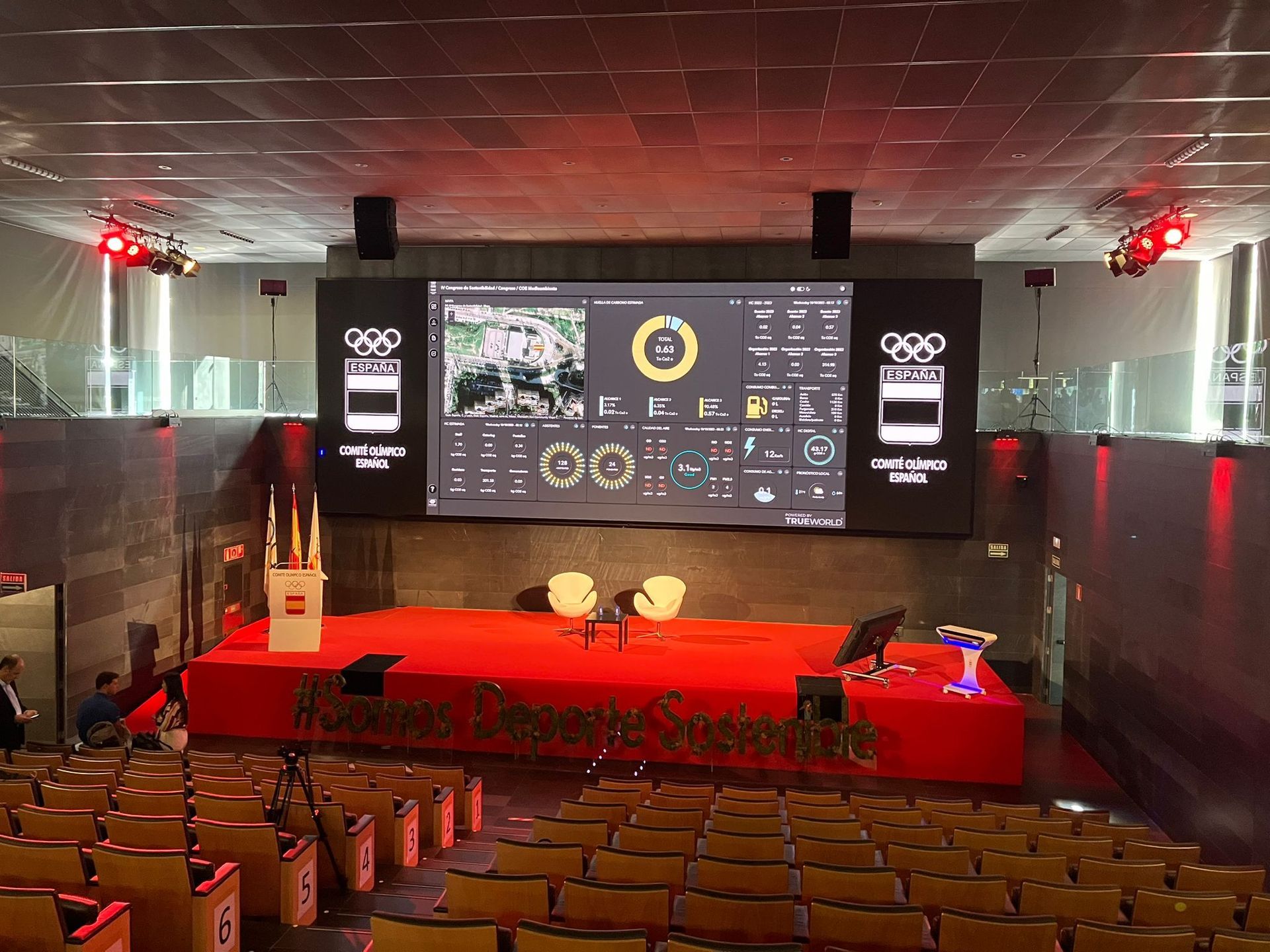
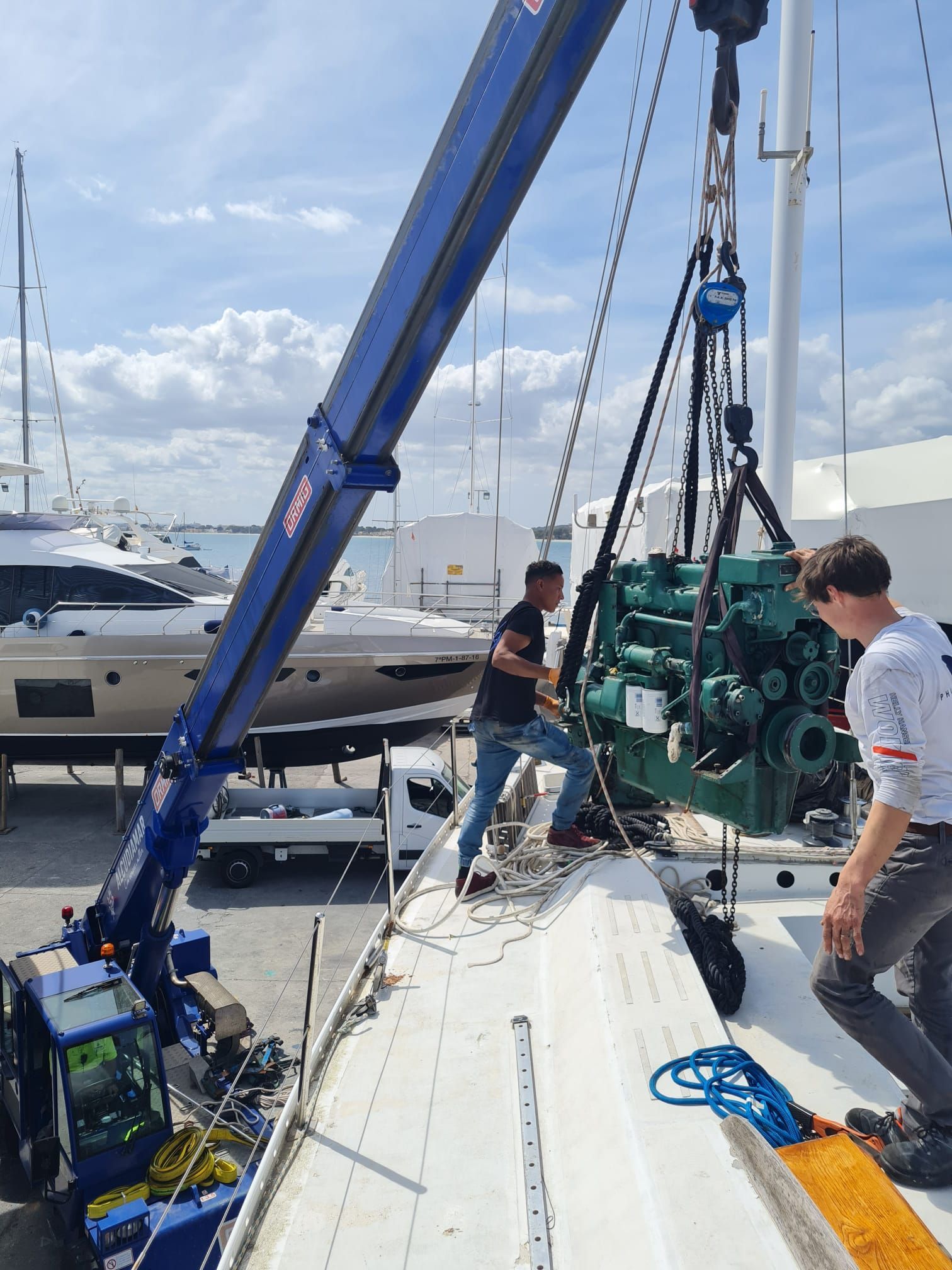
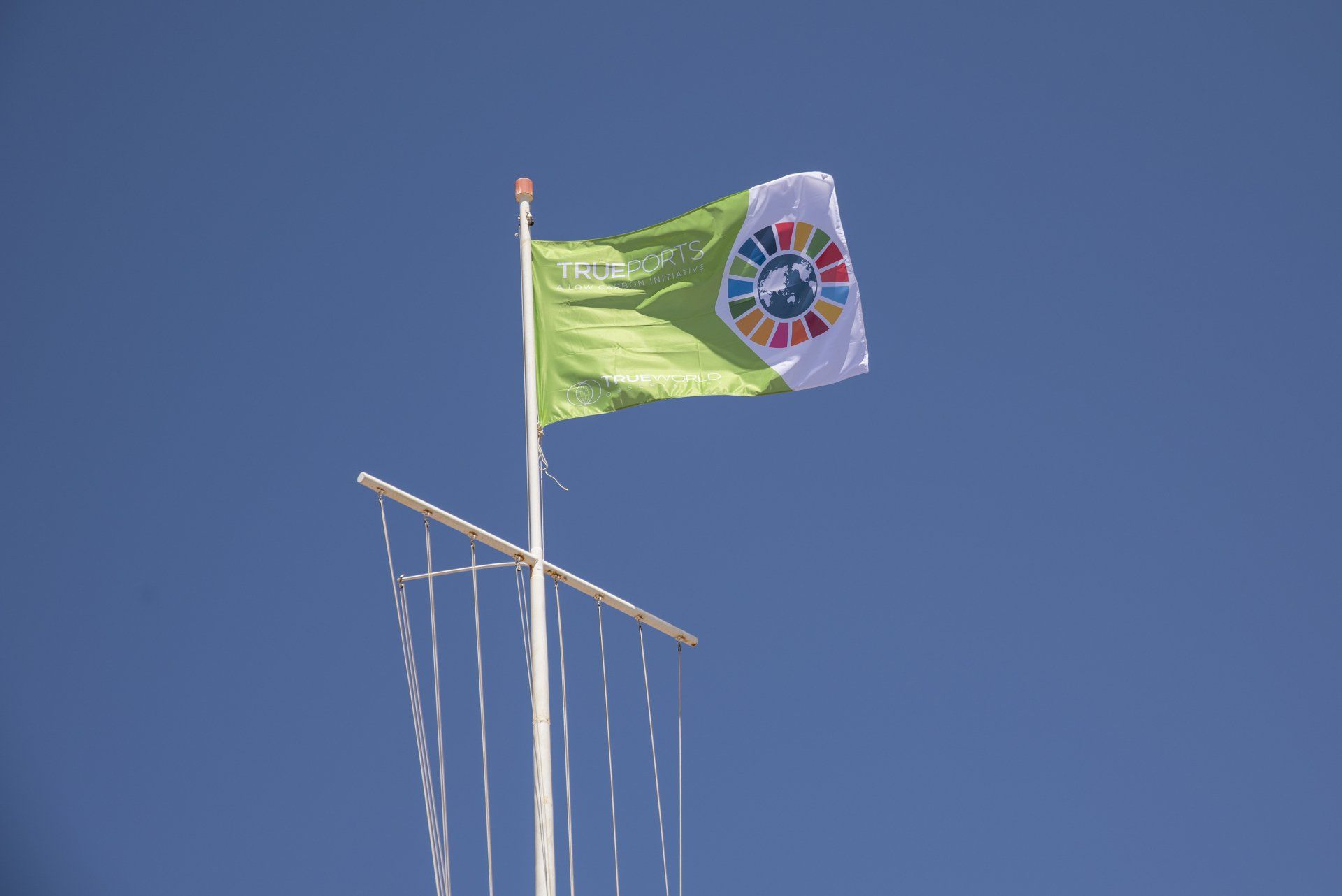
Compartir
También te puede interesar...
